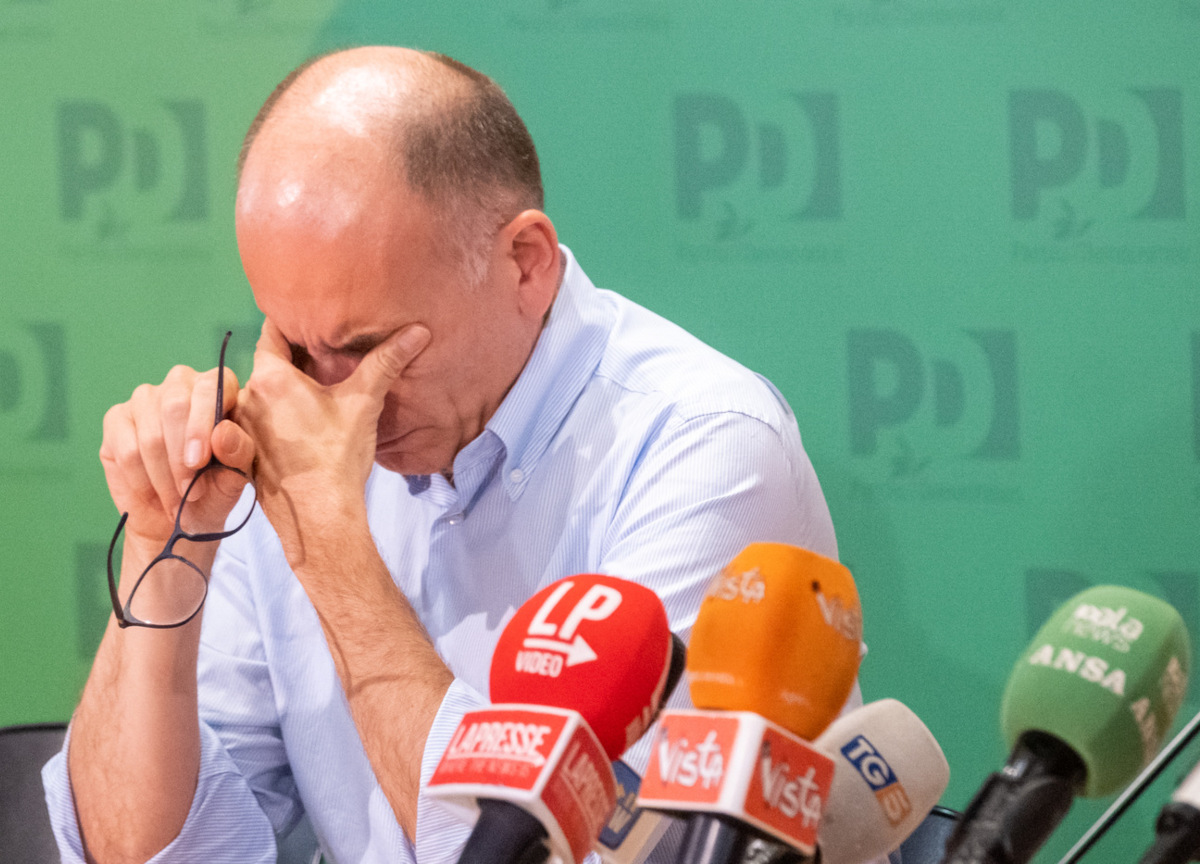Opinion|Reader’s opinion
Helsinki should change the voting method so that the money is distributed fairly.
Helsinki the second vote on participatory budgeting has been completed. This great project this time allocated € 8.8 million to resident-driven ideas based on how residents voted. In the end, 75 proposals ended up being implemented.
We have been looking forward to both rounds of participatory budgeting. Alongside the mayoral reform, it is probably the single project that has increased the influence of the residents the most in the last ten years. At the same time, we cannot fail to highlight the obvious shortcomings, the most significant of which has to do with the realization of regional equality.
Participating In budgeting, the total budget is divided around Helsinki based on population. However, voting takes place according to seven huge broad districts, which means that the budget is not evenly distributed between the different districts.
For example, in the last round of participatory budgeting in Lauttasaari, four proposals were voted for implementation. Instead, Pasila and Rastila, among others, were completely left without a repeat. There is no guarantee that a single euro will continue to go to these districts. On the contrary, it is even likely that the areas that have been able to activate their inhabitants so far will succeed in future votes.
Town’s the allocation of funds by district should be analyzed and the voting method should be changed so that the money is distributed more evenly and fairly.
Voting areas could be reduced, for example. This would require more funding for participatory budgeting or the voting of projects in different regions in different years.
Another way would be, for example, to earmark part of the appropriations in the third round for the areas overshadowed by the previous rounds. This would motivate all Helsinki residents to come up with ideas for improvements in these areas, which would also increase community spirit.
Are also considered the rationality of the publicity of the voting situation. Now, in a vote that lasts almost three weeks, the voting situation can be seen in real time, which inevitably leads to tactics. Proposals that received few votes in the early days will be ignored as voters begin to support proposals that have a chance to go through. On the other hand, some very successful ideas are not put to the vote so that they do not compete with the proposal in their own area.
Is this appropriate? If the voting situation were secret, as is generally the case in democratic elections, then people would vote for the proposals they like the most. And not those who have a chance to win.
Participatory budgeting is a great and really important project. Still, that doesn’t mean it shouldn’t be viewed critically either. By developing it on the basis of the experience now gained, an entity that serves resident democracy can be achieved even better.
Antti Möller
Jaakko Blomberg
Helsinki
Reader opinions are speeches written by HS readers, selected and delivered by HS editorial. You can leave a comment or read the principles of the writing at www.hs.fi/kirjtamielipidekirjoitus/.
.
#Reader #opinion #Participatory #budgeting #great #project #increase #regional #inequality







